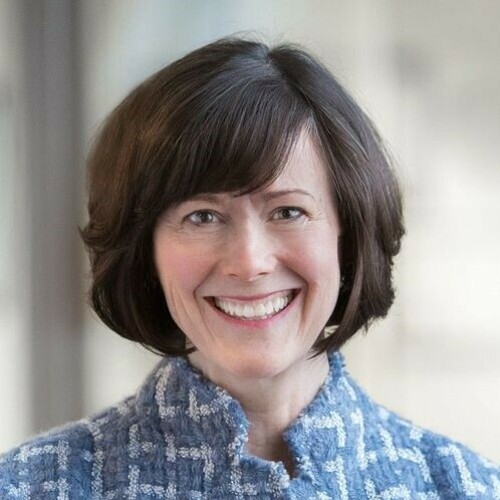Careers
Study English. Do Anything.
What can I do with an English major?
English is unrivaled in equipping students with a keen awareness of the power and importance of language, and with finely tuned skills of critical reading, writing, and speaking that are indispensable to any career path. As graduates attest in the profiles below and elsewhere, English trains students not only as excellent communicators but also as strong leaders — a combination that has been key to our students’ success after they leave Notre Dame.
Diving into literature from across different historical periods, cultures, and genres, English students learn how to synthesize the many levels of detail and meaning in a literary text as well as important historical and cultural contexts, and to make powerful interpretive arguments bolstered by the best evidence. Studying English also develops the kind of open-ended, creative, and imaginative thinking that is much needed and desired in the professional world. Furthermore, the study of literature provides our students with highly developed powers of sympathy and empathy, which makes them more successful in professional contexts and many others. English students have found the above skills to be profound assets on their own, as well as when English is pursued as a second major combined with another field of study.
Our graduates go on to careers in a diverse range of fields including business, law, writing, publishing, journalism, medicine, and education. Some attend graduate school in a wide variety of subjects, while others use the years after Notre Dame to pursue service or independent projects.
Skills you'll learn
- Ability to articulate complex thoughts and theories
- Effective oral communication
- Strong writing
- Teamwork
- Critical thinking and analytical reasoning
- Ability to apply knowledge to real-world settings
- Ethical judgment and decision making
- Ability to analyze and solve problems with people from different backgrounds

Elizabeth Carver ’81
Partner, Dowd Bennett Law Firm
Elizabeth Carver, who studied English at Notre Dame before attending law school says, “I think the time I spent reading massive amounts of material, engaging in critical thinking, and especially writing papers (with feedback from professors) was the best undergraduate preparation I could have received for the rigors of law school.”
-
Elizabeth Carver ’81
Partner, Dowd Bennett Law Firm
Elizabeth Carver, who studied English at Notre Dame before attending law school says, “I think the time I spent reading massive amounts of material, engaging in critical thinking, and especially writing papers (with feedback from professors) was the best undergraduate preparation I could have received for the rigors of law school.”
-
Greg Miller ’87
Managing Director, Greenhill and Company
“I wouldn’t have traded my English major at Notre Dame for any other major,” says Miller, noting that it is very relevant to an important part of his job every day—communications. “The ability to present your ideas, to think through ideas, to keep an open mind about alternatives, are all crucial to being able to provide good advice to clients.”
-
Evelyn Diaz ’92
President, Heartland Alliance
“There hasn’t been a single day when my career hasn’t benefited from the exceptional oral and written communication skills I honed at Notre Dame,” says Diaz. “The skills I gained as an English major feel like a prerequisite to the work I do now — planning, executing a course of action to accomplish objectives, and managing complex projects...Leaders have to communicate well to achieve understanding, to mediate, to persuade.”
-
Kate Girdhar ’17
Graduate student, Emory University School of Public Health
“Now that I’m studying public health, communication is of incredible importance,” says Kate Girdhar, who studied English and pre-health before attending graduate school. “Communicating scientific findings and encouraging behavior change requires a careful study of socially appropriate and effective ways of speaking, media methods, and literacy levels, all of which relate directly to my academic background in English.”
-
Patrick Lyons ’08
Pulmonary and Critical Care Fellow, Washington University School of Medicine
Dr. Patrick Lyons studied pre-health and English at Notre Dame. “This seemed like a perfect hybrid,” he says. “It let me take the pre-med course requirements, but it gave me time to take a full curriculum of English and to study abroad. English prepared me well because I have the ability to think critically and organize and analyze the information in front of me. Word choice and the way you’re addressing patients can be really powerful.”
98% of recent Notre Dame English majors found success within six months of graduation.
Other opportunities include accepting internships, joining the military, conducting research, taking a gap year, pursuing independent creative or freelance work, or volunteering.
Note: Outcomes data comes from First Destination reports, a survey of recent graduates conducted by the Notre Dame Center for Career Development and Office of Strategic Planning and Institutional Research. Status is known for more than 90% of each graduating class.